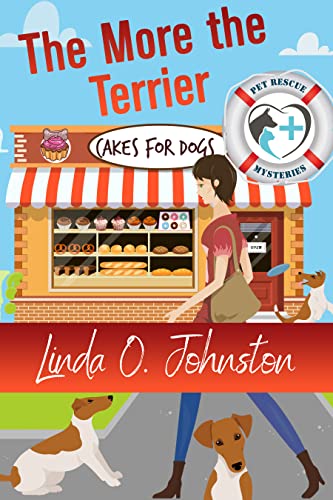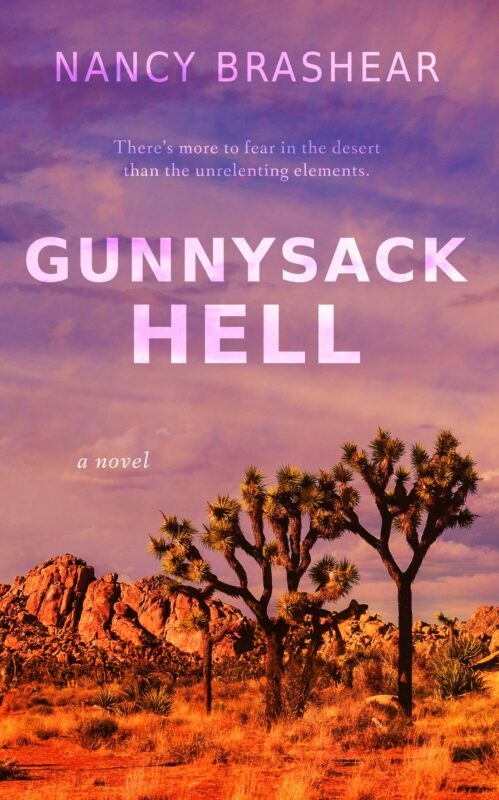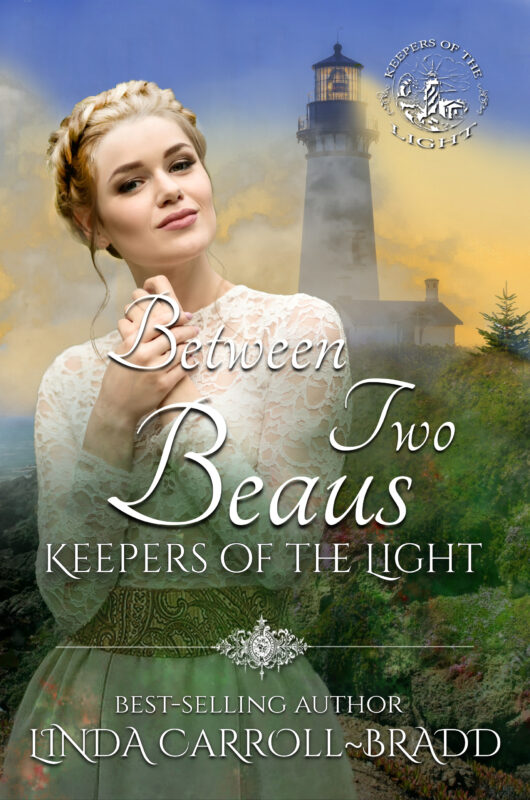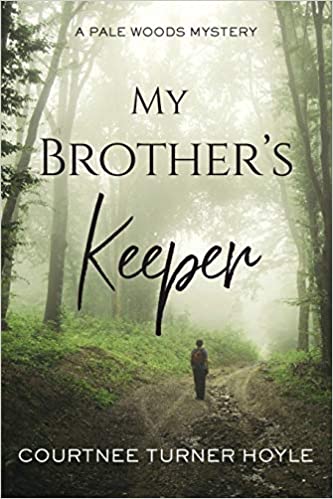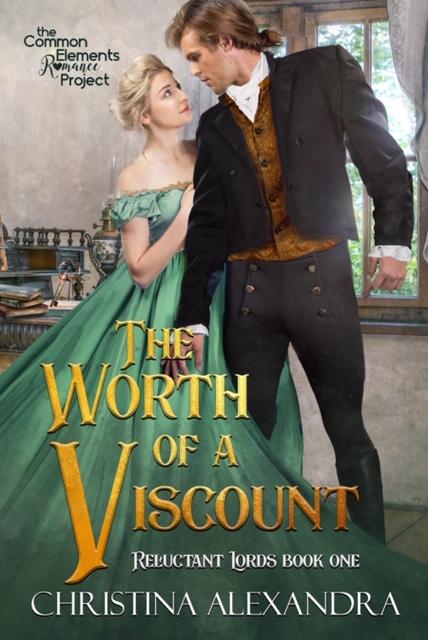It’s Worth It
April 9, 2007 by A Slice of Orange in category Archives tagged as It's Worth It.
Constructive Criticism Builds Bridges
At our last RWA meeting, some friends and I were discussing manuscript critiques. A good critique can help your manuscript become all you hoped for, while a bad critique can keep you cowering for months or years, afraid to let anyone see your work again.
When I was a member of the Tempe Christian Writer’s Club in Tempe, Arizona, we had two hard and fast rules for all critiquing. One, you must begin with something you genuinely like or appreciate about the work. Compliment a bit of dialogue, the originality of the setting, an interesting character. Try not to use banalities such as “I didn’t see a single spelling mistake.†The idea is to build up the writer and give him feedback on his strengths.
Two, when pointing out an area that needs work, you must give at least one or two ideas on how it could be improved. For instance, if the character feels flat and uninteresting, suggest ideas for rounding out the character – a nervous tic, a paradoxical personality trait, a stronger motivation. If you disagree with a “fact†– be it historical or otherwise – that you believe the writer got wrong, suggest that she double check it and let it go. This is not the time or place for you to “win†an argument.
Which leads to another great critique group idea. My screenwriting group has a rule that the author must not speak during the critique. Everyone talks as if he/she isn’t even there. The author makes notes on what everyone said, then at the end asks questions for verification purposes only. This is to prevent the age-old “defensiveness†problem. When you, the writer, listen to everyone discuss your work, you are taking an active role in figuring out what the readers “got†and what they didn’t. If they didn’t “get it†from reading your work, your explanations are meaningless – so keep them to yourself. Use your energy to figure out how to rewrite your piece so that the reader “gets it†in the next draft.
Consider using some or all of these rules in your critique group. And if you’ve found other critique group ideas that work, post them in the comments section to share with everyone. If you haven’t found a critique group yet, ask around. Perhaps you know someone who has room for one more, or you could start a new group.
It can be scary, no matter who you are or what stage in your career, to share your work with others and invite feedback. These rules can help keep a positive tone in the group, but remember you are responsible for both how you speak to others and how you choose to hear what others say to you. Choose to be the critique partner known for her encouraging words!
Putting yourself out there – as a writer and as a human being – can be tough. Sometimes it seems like a much better idea to stay home, alone but safe from the stone throwing. But when I think back on the friendships I’ve made and the amazing progress I’ve seen in my work, I say – it’s worth it!
NOTE: For OCC RWA members, please post a note on The Morning Juice if your critique group is open to new members, or if you’re looking for a critique partner or group. Be sure to note your location, proposed meeting times/days/frequency, whether it’s in person or online, and any other important information such as genre or if your group is for plotting only, etc. Remember – your group can arrive early at our monthly meeting and meet in the back! Take advantage!
Kitty Bucholtz writes romantic comedies because, well, she lives one! She wrote her first book in the NBC cafeteria, the second snowed in at a Reno hotel, and the third from a tiny apartment in Sydney. Even though she loves talking about, writing about, and teaching about writing, she’s pretty sure she knows at least three people who aren’t writers.
1 0 Read moreIt’s Worth It
March 8, 2007 by A Slice of Orange in category Archives tagged as It's Worth It.
It’s Worth It
Last month, my credit card bills were higher than I expected them to be. I didn’t buy a slinky new dress or a couple of pounds of Godiva truffles. (And if I had bought the one, I probably couldn’t have bought the other!) No, I had to pay over $100 in late fees and finance charges. I was so caught up in working on my book that I totally forgot to pay the credit cards until the day after they were due.
I’m a full-time writer, and as such, I have a tendency to forget a lot of things. If I’m writing, I forget to stop for a bathroom break until it’s nearly too late. If I’m walking down the beach, I forget to turn onto my street because I’m thinking about how that tattooed guy doing the one-handed pushups could fit into my book. If I didn’t set an alarm, I’d forget to pick up my husband from work – if I’m off in Book Land.
But I say it’s worth it. Writers get to spend their time thinking about solutions to impossible situations. They get to wonder “how†and “why†and “why not†– and if they wonder aloud, people forgive them because “you know how writers are.â€
I downloaded a lecture I found on the Internet by Dr. Valerio Massimo Manfredi called “Storytelling and History Writing†given at The Australian National University on September 4, 2006. He tells the audience that early storytellers had a function, “to diffuse and transmit models of behavior that were essential for the survival of those communities.†I believe this is true today.
As often as you hear the sad and tragic tale of what is going wrong in the world today, you hear someone bemoaning the fact that something must be done. Writers can be part of the solution! We can give people hope. We can remind them that anyone can be a hero. We can urge them to act, to push themselves, to work together to make the world a better place. Perhaps a teenager will befriend “the new kid†because she’s emulating the cool teenager in a book she just read. Maybe a woman will find love where she wasn’t looking because she stepped out of her comfort zone – just like the heroine in a favorite book. Maybe a writer will help combat illiteracy with an idea that just may increase their book sales as well.
I no longer feel embarrassed that I write novels. As a storyteller, I have an essential function in the community. I may spend a lot of time alone. I may forget to pay a bill or two. But I might be able to make the world a better place.
And I say that’s worth it!
Kitty Bucholtz writes romantic comedies because, well, she lives one! She wrote her first book in the NBC cafeteria, the second snowed in at a Reno hotel, and the third from a tiny apartment in Sydney. Even though she loves talking about, writing about, and teaching about writing, she’s pretty sure she knows at least three people who aren’t writers.
Affiliate Links
A Slice of Orange is an affiliate with some of the booksellers listed on this website, including Barnes & Nobel, Books A Million, iBooks, Kobo, and Smashwords. This means A Slice of Orange may earn a small advertising fee from sales made through the links used on this website. There are reminders of these affiliate links on the pages for individual books.
Search A Slice of Orange
Find a Column
Archives
Featured Books
THE MORE THE TERRIER
Is Lauren Vancouver's old mentor an animal hoarder?
More info →THE WORTH OF A VISCOUNT
After four seasons without a single offer of marriage, Lady Maxine Pearson realizes perfection is decidedly overrated.
More info →Newsletter
Contributing Authors
Search A Slice of Orange
Find a Column
Archives
Authors in the Bookstore
- A. E. Decker
- A. J. Scudiere
- A.J. Sidransky
- Abby Collette
- Alanna Lucus
- Albert Marrin
- Alice Duncan
- Alina K. Field
- Alison Green Myers
- Andi Lawrencovna
- Andrew C Raiford
- Angela Pryce
- Aviva Vaughn
- Barbara Ankrum
- Bethlehem Writers Group, LLC
- Carol L. Wright
- Celeste Barclay
- Christina Alexandra
- Christopher D. Ochs
- Claire Davon
- Claire Naden
- Courtnee Turner Hoyle
- Courtney Annicchiarico
- D. Lieber
- Daniel V. Meier Jr.
- Debra Dixon
- Debra H. Goldstein
- Debra Holland
- Dee Ann Palmer
- Denise M. Colby
- Diane Benefiel
- Diane Sismour
- Dianna Sinovic
- DT Krippene
- E.B. Dawson
- Emilie Dallaire
- Emily Brightwell
- Emily PW Murphy
- Fae Rowen
- Faith L. Justice
- Frances Amati
- Geralyn Corcillo
- Glynnis Campbell
- Greg Jolley
- H. O. Charles
- Jaclyn Roché
- Jacqueline Diamond
- Janet Lynn and Will Zeilinger
- Jeff Baird
- Jenna Barwin
- Jenne Kern
- Jennifer D. Bokal
- Jennifer Lyon
- Jerome W. McFadden
- Jill Piscitello
- Jina Bacarr
- Jo A. Hiestand
- Jodi Bogert
- Jolina Petersheim
- Jonathan Maberry
- Joy Allyson
- Judy Duarte
- Justin Murphy
- Justine Davis
- Kat Martin
- Kidd Wadsworth
- Kitty Bucholtz
- Kristy Tate
- Larry Deibert
- Larry Hamilton
- Laura Drake
- Laurie Stevens
- Leslie Knowles
- Li-Ying Lundquist
- Linda Carroll-Bradd
- Linda Lappin
- Linda McLaughlin
- Linda O. Johnston
- Lisa Preston
- Lolo Paige
- Loran Holt
- Lyssa Kay Adams
- Madeline Ash
- Margarita Engle
- Marguerite Quantaine
- Marianne H. Donley
- Mary Castillo
- Maureen Klovers
- Megan Haskell
- Melanie Waterbury
- Melissa Chambers
- Melodie Winawer
- Meriam Wilhelm
- Mikel J. Wilson
- Mindy Neff
- Monica McCabe
- Nancy Brashear
- Neetu Malik
- Nikki Prince
- Once Upon Anthologies
- Paula Gail Benson
- Penny Reid
- Peter Barbour
- Priscilla Oliveras
- R. H. Kohno
- Rachel Hailey
- Ralph Hieb
- Ramcy Diek
- Ransom Stephens
- Rebecca Forster
- Renae Wrich
- Roxy Matthews
- Ryder Hunte Clancy
- Sally Paradysz
- Simone de Muñoz
- Sophie Barnes
- Susan Squires
- T. D. Fox
- Tara C. Allred
- Tara Lain
- Tari Lynn Jewett
- Terri Osburn
- Tracy Reed
- Vera Jane Cook
- Vicki Crum
- Writing Something Romantic
Affiliate Links
A Slice of Orange is an affiliate with some of the booksellers listed on this website, including Barnes & Nobel, Books A Million, iBooks, Kobo, and Smashwords. This means A Slice of Orange may earn a small advertising fee from sales made through the links used on this website. There are reminders of these affiliate links on the pages for individual books.

